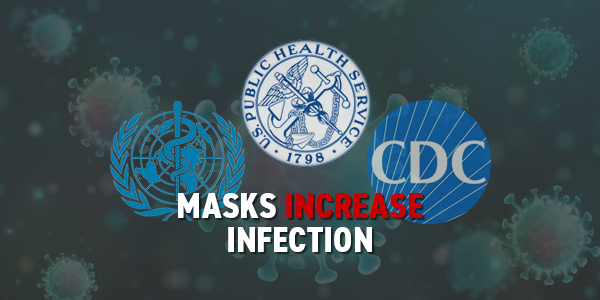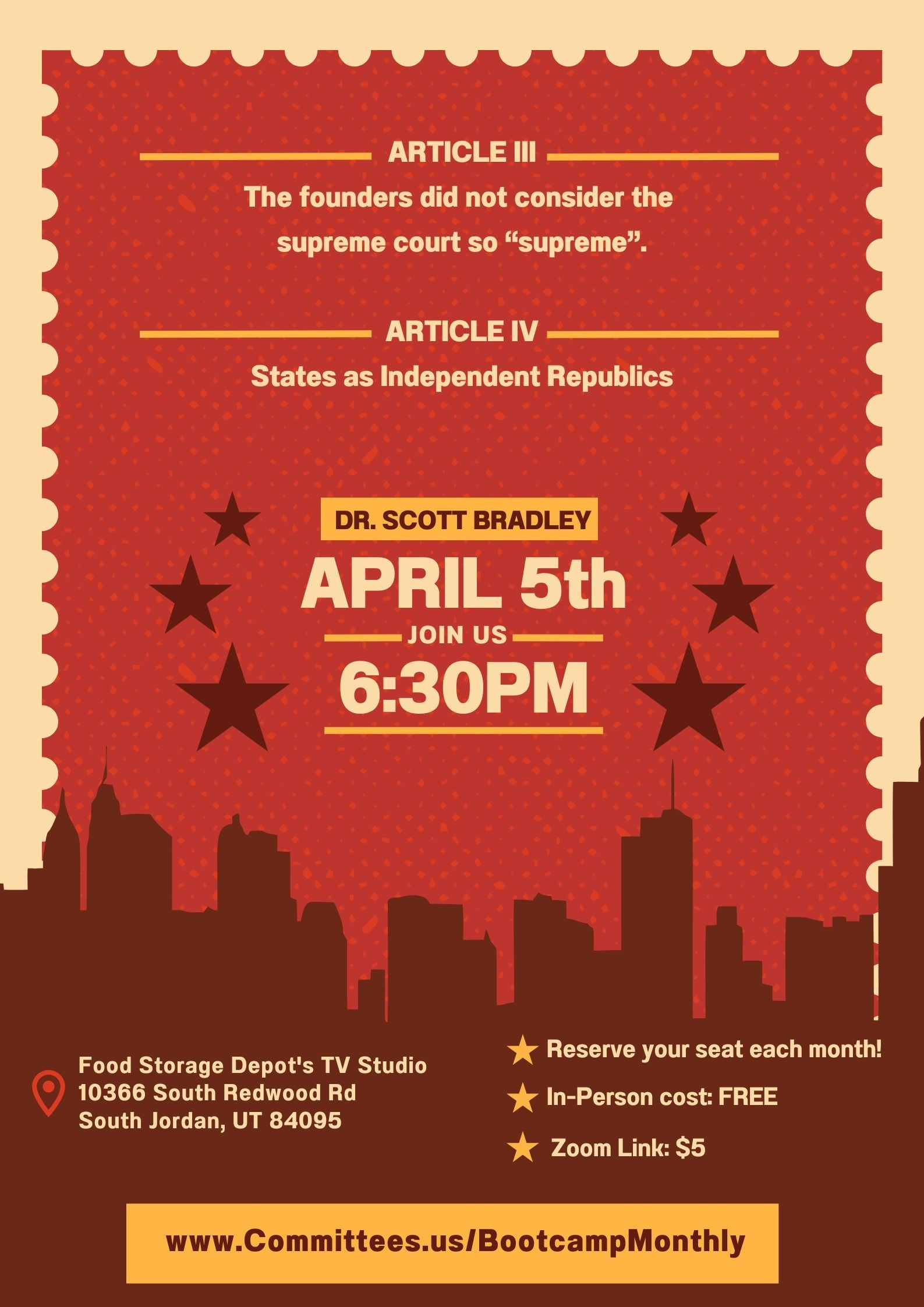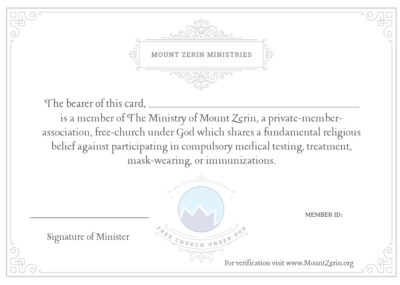Is the science really settled?
While face masks can serve a valuable role in aiding healthcare workers as they interact with a number of contagious ailments each day, the general public’s prolonged use of these masks poses a great risk to health. The US Surgeon General recommended in March, that citizens not wear masks as it increases risk of getting CoVID19. He joined the ranks of many infectious disease experts including the WHO, which advises against the widespread use of face masks. This is because there are no studies that suggest they are effective, which the CDC concedes in their recommendation for wearing face masks.
Eli Perencevich, just one of the infections prevention experts added that “There’s no evidence that wearing masks on healthy people will protect them. They wear them incorrectly, and they can increase the risk of infection because they’re touching their face more often.” This in conjunction with The World Health Organization which advocated that the “wide use of masks by healthy people in the community setting is not supported by current evidence and carries uncertainties and critical risks.” As other chief medical officers have warned it can trap the virus and cause the person wearing the mask to breathe it in, thus increasing infection rates.
Furthermore, peer reviewed studies done in April found that CoVID19 was still detected on the outer layer on the surgical mask on day 7. This echoes the same findings of another peer reviewed study from the CDC, which concluded “we did not find evidence to support a protective effect of personal protective measures or environmental measures in reducing influenza transmission.”
Not only are the masks ineffective at preventing the spread of the virus, and increase the risk of transmission, but they also pose health risks for the wearer. Just last week a man passed out while driving from a lack of oxygen because of his face mask. And this is just one tragic example. Studies have found shocking harms associated with use of face masks including:
Decrease in blood oxygenation levels
Increased nasal resistance and nasal physiological damage
Extreme stress
Decreased work endurance
Reduced breathing comfort sensations
Reduced airflow to respiratory system and insufficient ventilation
In conjunction with the U.S. Surgeon General’s counsel, and dozens of peer reviewed scientific papers, and leading disease experts, we advise against the use of face masks in order to stop the transmission of COVID19 and prevent the harms associated.











